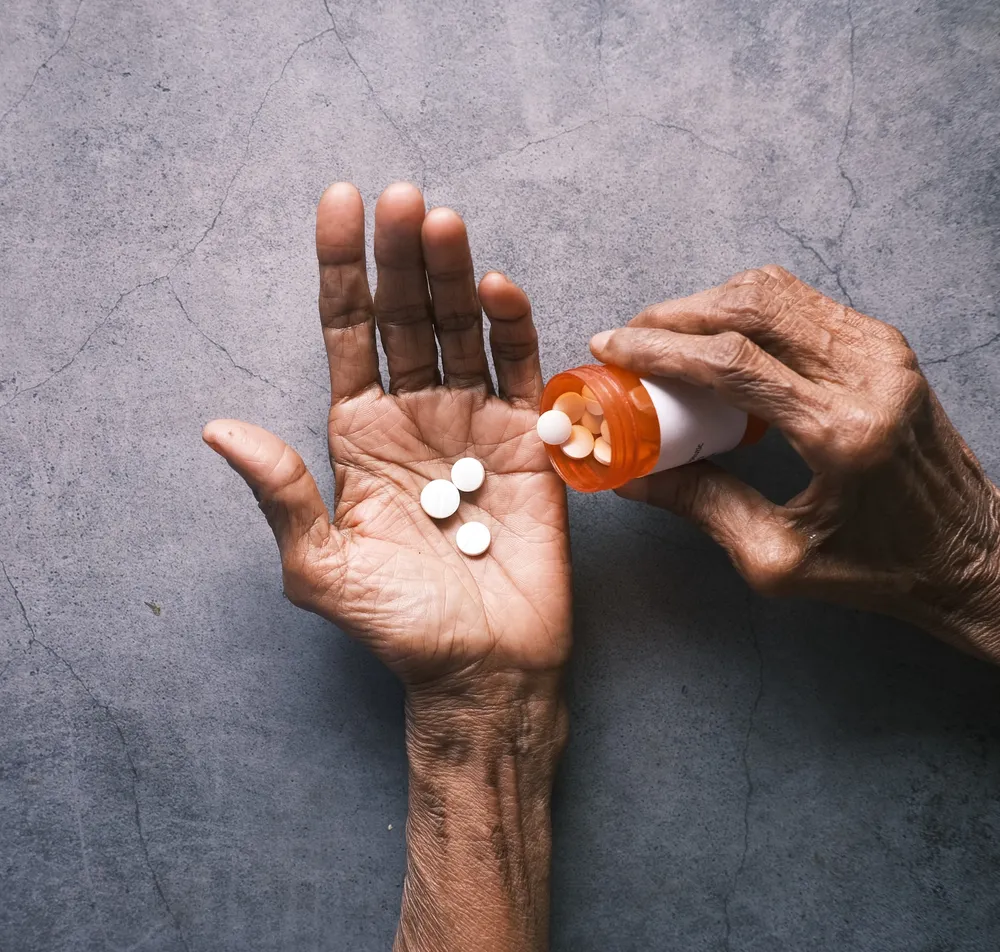How Prevalent Are Opiate and Heroin Addictions?
Do you think heroin or opioids are uncommon? Surprisingly, the reality is quite the opposite. Opiate addiction is among the most rapidly increasing dependencies in the United States. Additionally, opioids are linked to various health hazards. Heroin is included under the broader category of opioid addictions, just like fentanyl, which is a man-made opioid. There are also prescription painkillers that are opioid-based and can be highly addictive.
If you or someone you care about is grappling with an opioid addiction, it's important to know that you’re not alone and help is within reach. With the appropriate resources and the support of a professional treatment facility, overcoming opioid addiction is possible.
How Does Opioid Addiction Develop?
Not everyone who becomes addicted to opioids starts by using them illegally. More often than not, addiction begins with the misuse or abuse of a prescribed opioid medication. Frequently, an individual may suffer an injury or acute condition, start using opioid painkillers, misuse or alter their dosage, and inadvertently develop an addiction.
In essence, anyone can become addicted to opioids. Even short-term use can lead to misuse and addiction. When opioids are taken, the brain releases endorphins, known as the "feel-good chemical." Essentially, this reduces pain sensations and enhances pleasure feelings. Once the effects of the opioids diminish, there is a craving for those sensations again, which can lead to further use and potential addiction.
Over time, a person's tolerance can increase, prompting them to seek stronger opioids, including illegal drugs like heroin. When this stage is reached, recovery becomes more challenging. However, there's always a path to recovery—assistance from Impact Recovery is just a phone call away.
What Are the Warning Indicators of Opioid Abuse?
Identifying opioid abuse early is one of the most effective strategies to prevent the progression of addiction. So, what should one look for to recognize signs of abuse? The most prevalent warning indicators of opioid abuse and addiction include:
- Needle marks on individuals who inject opioids
- Trouble sleeping
- Red and itchy skin
- Constricted pupils
- Severe mood fluctuations
- Neglecting activities once enjoyed
- Engaging in risky behaviors, such as driving under the influence
- Visiting multiple doctors to obtain more prescriptions
- Consuming higher doses than prescribed
Bear in mind, the sooner help is sought, the better! Additionally, if you have an underlying mental health condition or another co-occurring disorder, professional assistance is crucial.
What Are the Signs and Symptoms of Opioid Addiction?
Addiction can begin when an individual misuses painkillers for recreational or medical purposes, even if only for a brief period. Soon, they may find themselves dependent on opioids. They might be surprised when they choose not to use and start experiencing withdrawal symptoms linked to opioid dependency. These symptoms may include:
- Nausea
- Depression
- Insomnia
- Heightened irritability
- Muscle cramps
- Strong cravings
When withdrawal symptoms begin, quitting can become extremely difficult. These symptoms often emerge before the person fully realizes their condition. This is especially true if they are in denial about their addiction. However, they’ll find that using opioids again alleviates these symptoms. This addiction cycle can persist for years.
What Treatment Options Exist for Opiate Withdrawal and Addiction?
Opiate withdrawal is complex and can be physically dangerous without professional help. The initial step is to undergo a medically supervised detoxification process. Although opioid withdrawal symptoms are not life-threatening, they can be extremely uncomfortable. In a professional treatment environment, medical support can help ease discomfort and reduce the likelihood of relapse.
A recent study monitored over one hundred individuals addicted to opioids through detox and treatment to assess long-term effectiveness. For those who did not relapse, common factors included:
- Consistent treatment
- Ongoing education
- Stable employment
- Fewer relationship disruptions
Treatments for both heroin and other opioid addictions require professional treatment centers. Although there is a broad range of treatment programs available, the most effective are those that offer a comprehensive and tailored approach.
How Long Does Recovery from Opioid Addiction Take?
Each individual is unique. Consequently, every treatment plan should be tailored to meet their specific needs. With this consideration, there is no definitive timeline for how long treatment should last. Everyone’s journey is different, but recovery is a lifelong path of healing and growth.
There are additional factors that influence addiction treatment. For example, if you began using opioids to numb emotional pain from past trauma, your treatment plan should address both issues. As you begin to work through the trauma that led to your use, you’ll learn healthier coping mechanisms. In turn, these will assist you in setting and achieving your recovery goals.
While most individuals addicted to opioids will enroll in an inpatient program, many also benefit from outpatient and aftercare programs. In such cases, inpatient treatment typically lasts around three months. Afterward, outpatient programs usually involve attending one to two sessions per week.
No two individuals experiencing heroin and opiate addiction are alike. Since each client has unique backgrounds and mental health conditions, each treatment plan should be individualized. Taking dual diagnoses seriously is also crucial. This means addressing both addiction symptoms and mental health conditions. Whether you are dealing with anxiety or PTSD, Impact Recovery can help you break the cycle. Contact our professional team today and begin your journey towards a happier, healthier future.
